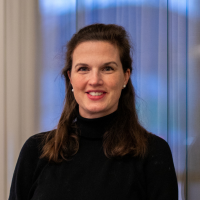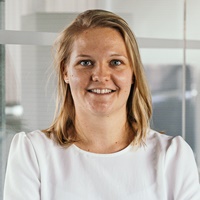Approach
During the project, the following phases were completed:
-
After an initial meeting, the customer lifecycle at De Watergroep was mapped out, including the various internal processes the customer encounters. Based on the current largest volumes and challenges, it was decided to start with the 'billing' and 'debt management' processes.
-
Through several working sessions with involved employees, the Customer Journey for the 'billing' and 'debt management' processes was mapped out. Attention was also given to important partners, such as the Public Centre for Social Welfare (OCMW). The different communications received by the customer in the context of these processes, such as the annual bill, meter reading reminders, and notices of default, were also examined. Based on this, an initial overview of possible improvement ideas was created, such as layout and language use.
-
In the next phase, qualitative interviews were conducted with digitally skilled customers (6), less digitally skilled customers (7), and key partners such as an OCMW, a Social Service, and/or a Welfare House (3). We developed two interview guides, one for 'billing' and one for 'debt management', to explore experiences with the current service and future needs and expectations through a series of main and follow-up questions. We also inquired about best practices at other similar companies.
Results
This collaboration has led to the following concrete results:
-
A list of over 50 specific improvement opportunities for less digitally skilled customers, to be realised in the (near) future. Examples include proactive communication about upcoming payment dates, clear contact information for support, reducing the amount of information per communication by focusing on what is relevant at that moment, and visual enhancement of the sent communication.
-
Knowledge sharing about mapping Customer Journeys and creating a comprehensive qualitative interview guide.







